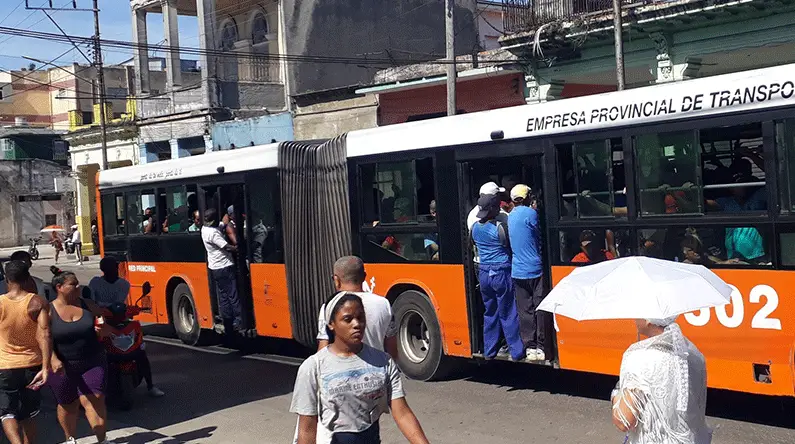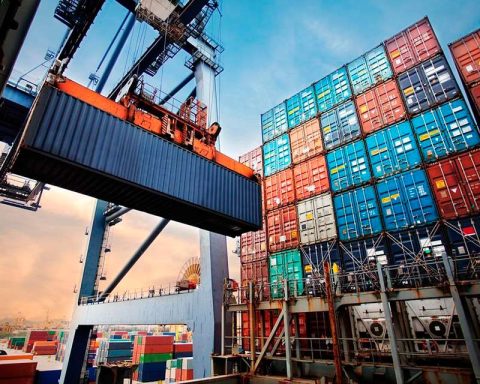MADRID, Spain.- The current general transport situation in Cuba is marked “by a progressive deterioration of all passenger transportation capacities and infrastructures during the last three years.”
This was recognized by the minister of this sector Eduardo Rodríguez Dávila during the official program Round table this Wednesday, dedicated to “assessing” the transport situation on the Island and the projections for 2023.
This deterioration “It has resulted in a lower supply of services and, therefore, in a great dissatisfaction of our people and an affectation in the discipline and quality of services,” said the minister.
According to his explanation, the crisis of transport, which spans decades, is due to the insufficient availability of freely convertible currency for the acquisition of spare parts, aggregates and components for maintenance and repair; to the lack of fuel and the poor condition of the roads in the cities and highways in the territories, including the National Highway and the Central Highway, which generates more breaks in the means of transport. Of course, the United States embargo was not lacking in the official discourse as another cause.
During the broadcast of the Round Table, Rodríguez Dávila mentioned some actions of the Ministry of Transportation for 2023, focused on improving the situation. But these actions remain in the usual empty speech that, as all Cubans know, will not provide a solution to one of the many problems they have to deal with year after year.
Among the supposed measures are: “Continue improving the work with cadres at all levels of the system”; “strengthen organizational measures to optimize the limited resources of the sector”, “develop and promote mobility projects with external financing”.
As a novelty, during the program the minister announced that this week the wholesale sale in MLC of new and second-hand motor vehicles to all Cuban and foreign legal entities was authorized.
















